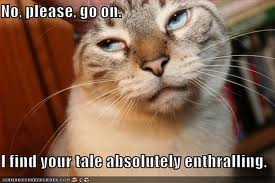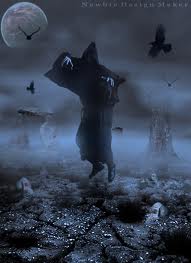Why Am I Still Teaching?
It’s nearly the end of another teaching year – too many to count now! But I end this year sad and uncertain: what is my purpose, what am I actually doing as an English teacher in this country, under the latest changes?
Up until recently I have been confident about the importance and purpose of my subject and my job. English is central to the life opportunities of the young, as is Maths (yes, and other subjects are important too!). English is about the basics: reading and writing, but it is so much more than that – it is about communicating, thinking, creating, exploring, arguing; using the imagination. Well, it was, and maybe it still is at home, in Oz. But in the UK, with every change that is implemented English becomes an impoverished subject; ironically like most of the students whose life chances it purports to support.
In the reaction to the endemic cheating or gaming of the system through Course Work and then Controlled Assessments, key questions were not asked. No-one scratched their head and said: Hey, why are all these schools and teachers cheating to get better results? Why is this happening? Dots were not joined and so we have a subject that should be about nuance and thought, time and consideration, about planning and editing and drafting that is being wholly externally examined. My subject has been bastardised by people who have no idea about English and certainly not the first idea about young people. My subject has been hijacked by people who did not struggle at school, who have not listened to teachers or parents, who reside in some sort of alternative universe where education is stuck in the 1950s.
Here are some questions that should have been asked before the latest changes were made.
1. What is the point of English in schools?
2. How can we make this subject relevant to non-readers, to those who don’t write, or see much of a future for themselves?
3. What skills and knowledge do we want them to have?
I used to think the point of English was to foster a love of reading, to encourage students to read for information, for pleasure, to develop their own language and ability to extract meaning from a text, to think about ideas and meaning and come to their own considered opinions. Fiction’s purpose was to start a dialogue, to tap into their experiences and move them beyond that, to consider other views, other world’s, other ways of being and seeing.
Reading lead to discussion, exploration, arguing, justifying an opinion. It led to accepting there were other points of view, other ways of seeing and understanding things; it also showed you were not alone, not the only one feeling the way you did. Reading lead to writing – personal responses, essays, critical analysis and creative responses, a story, a letter to a character, an extra chapter, and alternative ending, something original using an element from the text. Writing meant thinking, planning, writing, experimenting, crafting, drafting and editing before producing a final product worthy of ‘publication’ or assessment. Not a tick box exercise about triplets and wow words and as much punctuation as you can shove in to get an extra mark.
How many skills can you identify from that paragraph?
There is a large body of evidence that shows that reading fiction, especially good quality well written fiction, is good for us. It enhances empathy, our ability to connect to others, to understand people and how to work with them. Reading also develops our ability to concentrate, to sustain activities, as well as develop our vocabulary and understanding of how language works – the nuts and bolts of punctuation, sentence structure, vocabulary choices and effects. We learn how to be good writers from being good readers.
But the new curriculum is not about love of anything – certainly not books or kids. There is nothing modern or particularly accessible on the new list for GCSE – a raft of Shakespeare, as to be expected, 19th century texts that many will never access – Great Expectations is a great story but too long; Pride and Prejudice a bit too much romance and marriage; Jekyll and Hyde may be short but its language is impenetrable. Most of the 20th century texts stop short of the 1960s. I’m not sure what these texts bring to a modern child, how they will find reading less of a chore, a king-size bore from the xenophobic list created by Michael Gove, the master educationalist.
I’m not sure what future the politicians see for young people, I’m not sure what they think they will achieve by a retro Sabre-tooth Tiger curriculum that takes no account of the modern world, of the impact of technology on language, on the way we create and receive information. I wonder what world these students are being ‘prepared’ for.
I wonder how I will connect texts and tasks to their experiences, to make them see the relevance of what we do for 5 hours a week. I wonder how I can resist the pressure to make everything we do about exam skills and preparation, because that will be the push, the fear from above about exams now that we have nothing else to tell us how students are progressing.
I wonder how much longer I can do this job, dictated to by idiots and fools who have no idea what it’s like to be a teenager, to be at school, to be constantly tested, to prepare for a future from within an education system that is not fit for purpose. (Images from Private Collection)










